Goths Are More Likely To Be Depressed
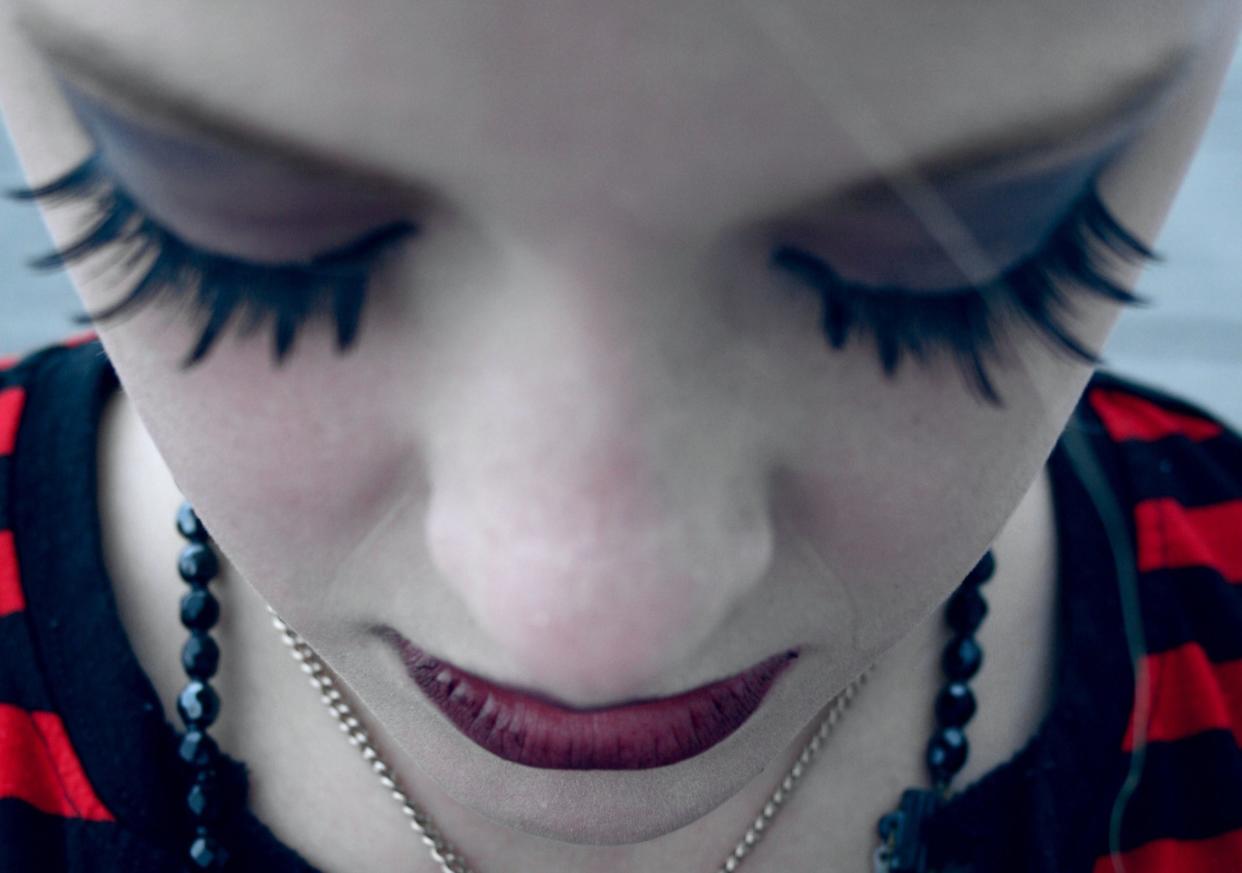
Growing up in Williamsburg, Virginia, Will was tormented by his peers starting at age 10.
"The only solace I found was in being alone,” said Will, now 20, a volunteer firefighter, aspiring DJ, and a community leader on Reddit's /r/goth forum.
Around this turbulent time, his older sister gave him a Nightwish album. Seeing the CD's photos of the Finnish Goth metal band members, with their ghostly pale skin and neo-Victorian, all-black outfits, was a transformative moment for him.
"I realized that’s how I wanted to strive to be," said Will, who declined to give his last name.
Despite this spark of inspiration, Will continued to struggle. As a pre-teen, his lack of motivation and preference for being alone for long stretches of time led to a depression diagnosis. According to new research on self-identified Goth teens in the United Kingdom, Will’s experience may be typical of children who say they’re part of Goth subculture -- a highly visible community known for dramatic black make-up, a heavy metal and Victorian-influenced wardrobe, and obsession with morbid themes.
Goth is a popular subculture among teens, and not in and of itself a sign of depression or self-harm. But the new study, published in the British medical journal The Lancet, finds that self-identified Goths, more than other marginalized teen groups, are more likely to be depressed and report self-harm.
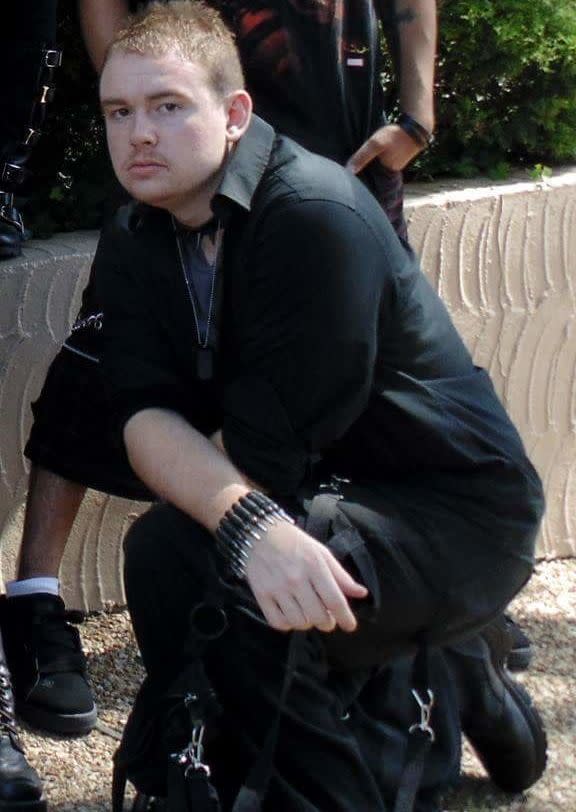
The study of nearly 4,000 15-year-olds found that those who self-identify as Goth were three times more likely to be depressed and five times more likely to self-harm by the time they were 18 years old. Like Will, they were also more likely to report being bullied during childhood, having difficulty relating to peers and showing symptoms of depression and anxiety.
It's no surprise that marginalized teen groups are at higher risk of mental health disorders. Alternative teen groups are stigmatized -- or in the Goths' case, literally demonized -- by more mainstream teen cliques.
Among other marginalized teenage social groups identified in the study, “skaters” had depression rates of 11 percent and self-harm rates of 25 percent. “Loners” had nine percent depression rates and 26 percent self-harm rates. By contrast, teens who self-identified with a socially celebrated group, such as being a jock, had the lowest rates of troubled mental health, at four percent for depression and six percent for self-harm.
But in this study, what differentiates Goths from other marginalized groups is a “dose-response” relationship, meaning that the stronger a child aligned him or herself with the Goth world, the higher their risk of depression or self-harm.

Which Comes First: Depression, Or The Goth Lifestyle?
While this may sound alarming, that doesn’t mean parents should start panicking if their children start frequenting Hot Topic or calling themselves “baby bats."
"Parents whose children identify with the Goth subculture need not be concerned,” researcher Lucy Bowes of the University of Oxford told HuffPost. “The majority of teenagers identifying as a Goth in our study were not depressed and did not self-harm."
There are many complex reasons for the relationship between Goth identification and depression, and the study’s set-up doesn’t shed light on which comes first. While Bowes found that 15-year-old Goths were slightly more likely to be victims of bullying, have mothers who suffered from depression and show signs of depression themselves, Bowes controlled for those variables, as well as others like maternal education. But despite taking the effects of these other factors away with statistical analysis, she still found that Goth teens were more likely to be depressed and self-harm by 18 years old.
Bowes called this “surprising,” but notes that there may be something unique about the Goth subculture that draws troubled kids into its batwing fold.
"The Goth community is traditionally very accepting of marginalized individuals,” she wrote. “It could be that youths who feel isolated from mainstream society are attracted to this particular group, and may indeed gain support and help through being part of this subculture."
On the other hand, being affiliated with the highly visible Goth style could invite bullying and persecution, which could lead to negative effects for teens such as depression. For example, while Goths are celebrated in some parts of mainstream culture (think “Goth Day” at Disneyland, or as they call it, “Bats Day At The Fun Park") members of the Goth community have also been victims of horrific and violent hate crimes.
An alternate explanation is that depression could spread from teen to teen through “peer contagion” — when teens can introduce and reinforce negative behaviors through the power of the group. For instance, past research has shown that teens who identify as “alternative” (Goth and Emo) are more likely than other teens to say they self-harm to “feel more a part of the group."
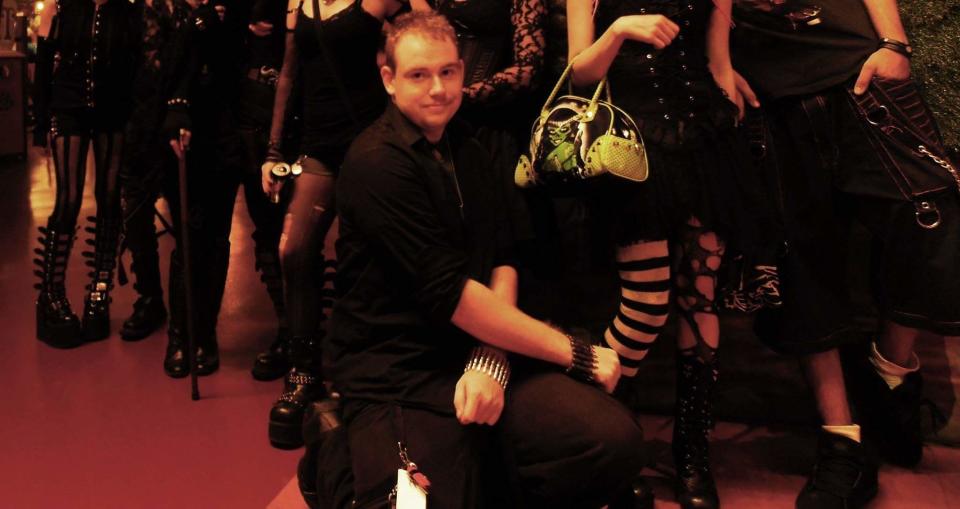
Why Labels Are Dangerous
Laura Pecenco, an assistant professor of sociology at San Diego Miramar College, was not involved in Bowes’ research, but praised the “fascinating” study for its large sample size and long-term outlook. However, she pointed out that it focused on an individual analysis, and noted that powerful social forces are also at play.
"There may be a cultural expectation that those who are goth are depressed, thereby creating a self-fulfilling prophecy," she said. She also pointed out that because Goths pride themselves on rejecting mainstream values, self-harm could actually be a form of body modification.
"Body modification has been used by many cultures throughout history in a multitude of ways, and it is not entirely clear what type of 'self-harm' is being discussed in this case,” Pecenco said. "This study did not seem to differentiate between suicidal and non-suicidal behavior."
Patrick Williams, a youth subcultures expert and sociology professor at Nanyang Technological University in Singapore, is even more skeptical about the study’s findings.
"There does seem to be some association between the goth subcultural label and depression and self-harm, but the details of the association are not any clearer in the study than they are in the pop cultural imagination," he said.
But what Williams is most worried about is the study's potential to harm as well as help Goth youth by creating high-risk labels for doctors to abuse.
"Such publications risk helping to build up blanket labels that healthcare professionals may apply unwittingly to young people as much as they might actually help sensitize professionals to an individual’s problems,” he concluded. "I’d hate to imagine that my son or daughter was being treated a certain way on that kind of basis."
As for Will, he guesses that Goth subculture attracts troubled kids like him. He agrees that the community is traditionally a safe haven for people who feel marginalized to begin with, and it certainly was for him.
He has to keep his hair closely cropped and his face clean-shaven for jobs, but he still makes time every Tuesday to dress as a Goth and DJ at nightclubs with his friends.
"One of the big parts of being Goth is finding beauty in places you normally wouldn’t find it,” said Will. "I associate with these people because not many other people understand how I think, and they are not going to pass judgment on it."
Bowes’ research was published Thursday in the British medical journal The Lancet.
Also on HuffPost:
Love HuffPost? Become a founding member of HuffPost Plus today.
Summer Weather

Smoking
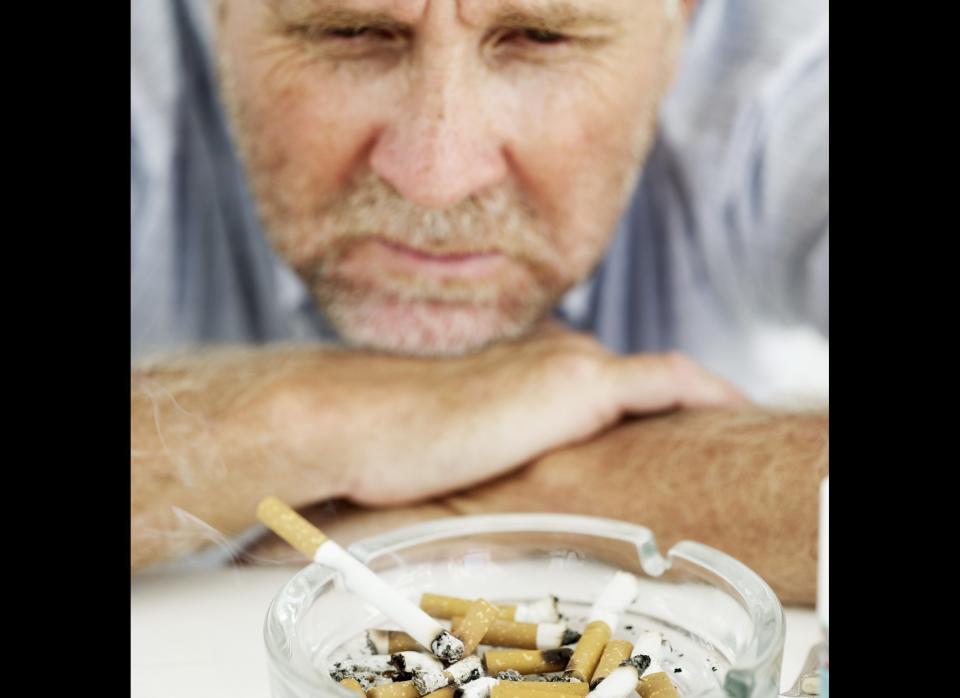
Thyroid Disease
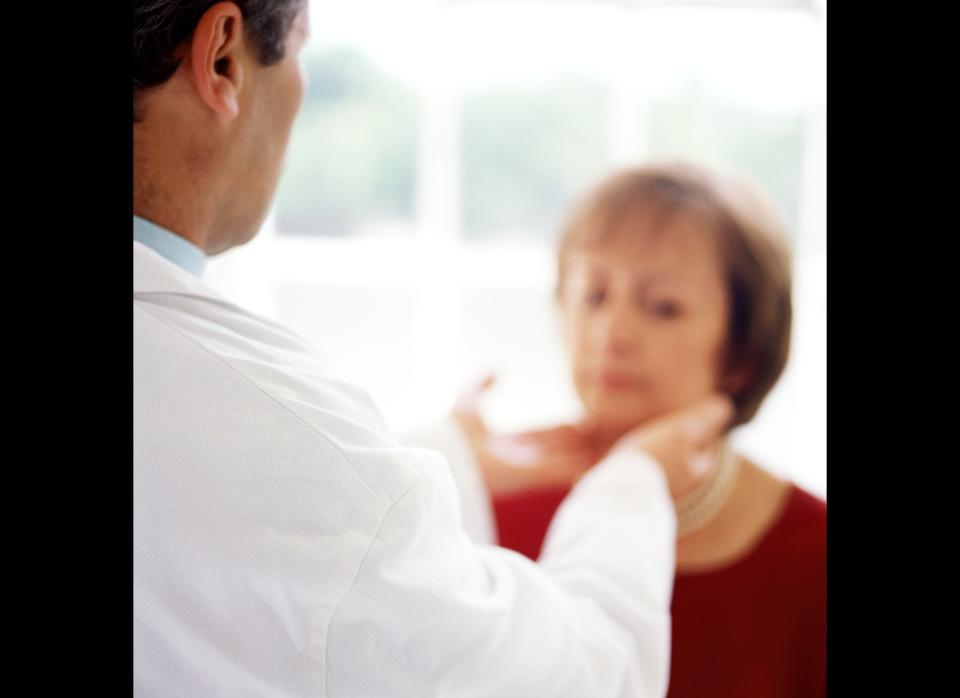
Poor Sleep Habits
![It's no surprise that sleep deprivation can lead to irritability, but it could also increase the risk of depression. A 2007 study found that when healthy participants were deprived of sleep, they had greater brain activity after viewing upsetting images than their well-rested counterparts, which is similar to the reaction that depressed patients have, noted one of the study authors. "If you don't sleep, you don't have time to replenish [brain cells], the brain stops functioning well, and one of the many factors that could lead to is depression," says Matthew Edlund, M.D., director of the Center for Circadian Medicine, in Sarasota, Fla., and author of "The Power of Rest."](https://s.yimg.com/ny/api/res/1.2/xAGVY.KBSBIeYTXcWOe1JQ--/YXBwaWQ9aGlnaGxhbmRlcjt3PTk2MA--/https://img.huffingtonpost.com/asset/55a52e611700001111326bff.jpg)
Facebook Overload

End Of A TV Show Or Movie
![When something important comes to an end, like a TV show, movie, or a big home renovation, it can trigger depression in some people. In 2009, some "Avatar" fans reported feeling depressed and even suicidal because the movie's fictional world wasn't real. There was a similar reaction to the final installments of the Harry Potter movies. "People experience distress when they're watching primarily for companionship," said Emily Moyer-Gusé, Ph.D., assistant professor of communication at Ohio State University, in Columbus. With "Avatar," Moyer-Gusé suspects people were "swept up in a narrative forgetting about real life and [their] own problems."](https://s.yimg.com/ny/api/res/1.2/KUO0fm08fkhgggvh3Cmx4w--/YXBwaWQ9aGlnaGxhbmRlcjt3PTk2MA--/https://img.huffingtonpost.com/asset/55a52e62170000680d326c00.jpg)
Where You Live

Too Many Choices

Lack Of Fish In The Diet

Poor Sibling Relationships

Birth Control Pills
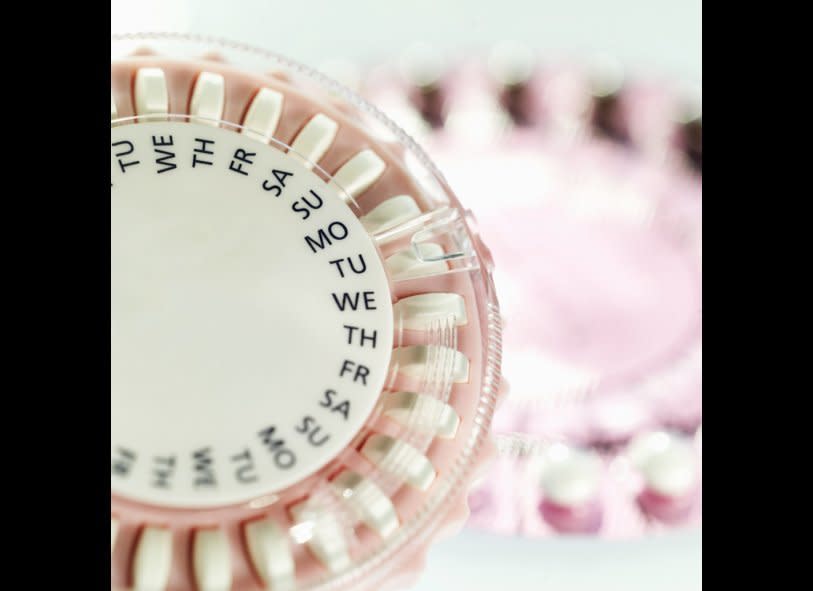
Rx Medications
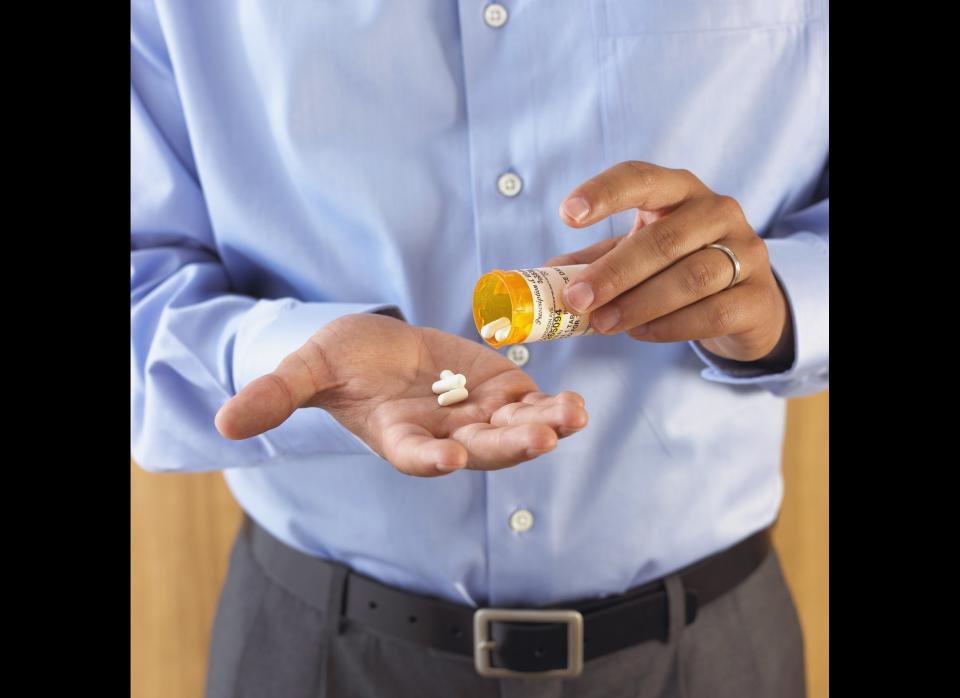
This article originally appeared on HuffPost.

